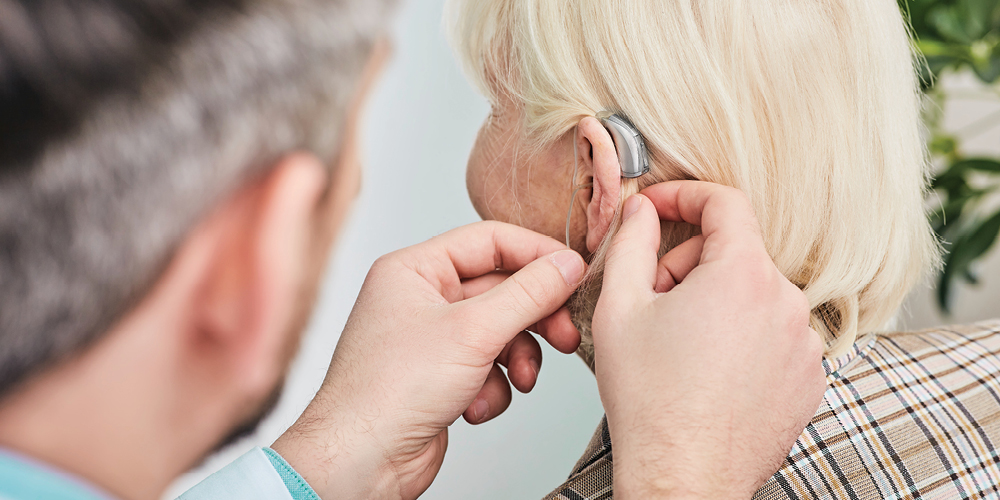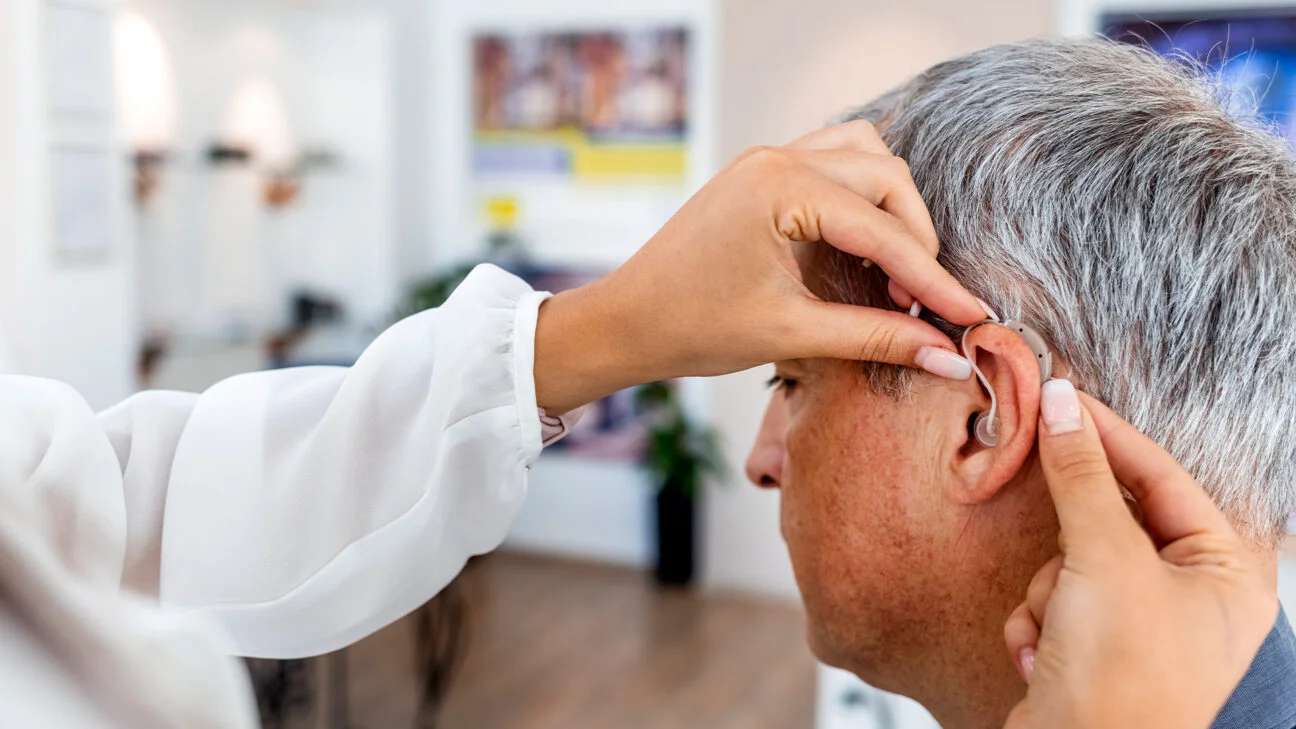Hearing loss is often an overlooked issue, but research is increasingly highlighting its potential connection to dementia in older adults. A 2021 study involving more than 80,000 people over the age of 60 found that individuals who struggled to hear speech in noisy settings faced a higher risk of developing dementia.
Dementia, which involves memory loss and cognitive decline, may not only be related to hearing problems as a symptom, but the research suggests hearing difficulties might also serve as an early risk factor for the disease.
The link between hearing loss and dementia is not entirely new. In a 2017 report by The Lancet, hearing impairment was identified as one of nine major modifiable risk factors for dementia, a number that was increased to 12 in 2020 and to 14 by 2024.
These factors, including hearing loss, are considered “modifiable” because they are aspects of lifestyle or health that can be improved, potentially lowering the risk of developing dementia. Among these, untreated hearing loss is thought to carry the greatest burden, with research indicating those with midlife hearing loss are up to five times more likely to develop dementia.

In the study, the University of Oxford researchers used data from the UK Biobank to examine the hearing abilities of over 82,000 adults aged 60 or older who had no dementia at the start. Participants were tested on their speech-in-noise hearing, which measures the ability to recognize speech amidst background noise.
After roughly 11 years, 1,285 participants had developed dementia. Researchers found that those with poor hearing had almost twice the risk of developing dementia compared to participants with normal hearing.
Interestingly, many people in the study with hearing difficulties did not recognize their impairment. The researchers considered whether other factors like social isolation or depression, which can occur as a result of hearing loss, might have influenced dementia risk, but found little evidence supporting this.
Additionally, the risk of dementia from hearing issues remained consistent whether participants developed dementia sooner or later, ruling out the possibility of reverse causation (that dementia itself caused the hearing loss).
While other studies have also shown a link between hearing loss and dementia, this research was notable for its focus on hearing in noisy environments, which is more reflective of real-life conditions. Similar findings from studies in Australia and Taiwan relied more on self-reported hearing data or medical records.
Although the causality between hearing loss and dementia remains unclear, the findings suggest that protecting hearing and using hearing aids might mitigate dementia risk. Further research and clinical trials are needed to confirm if treating hearing loss could be a preventive measure against dementia.
